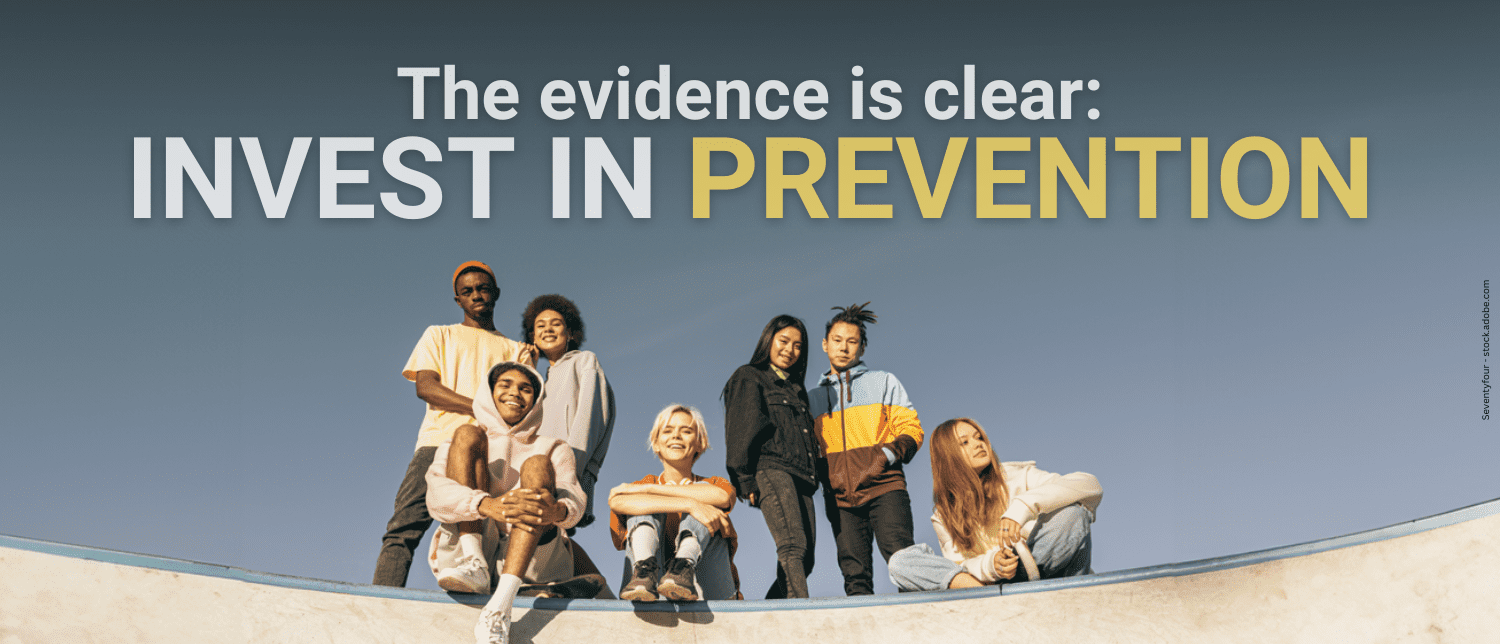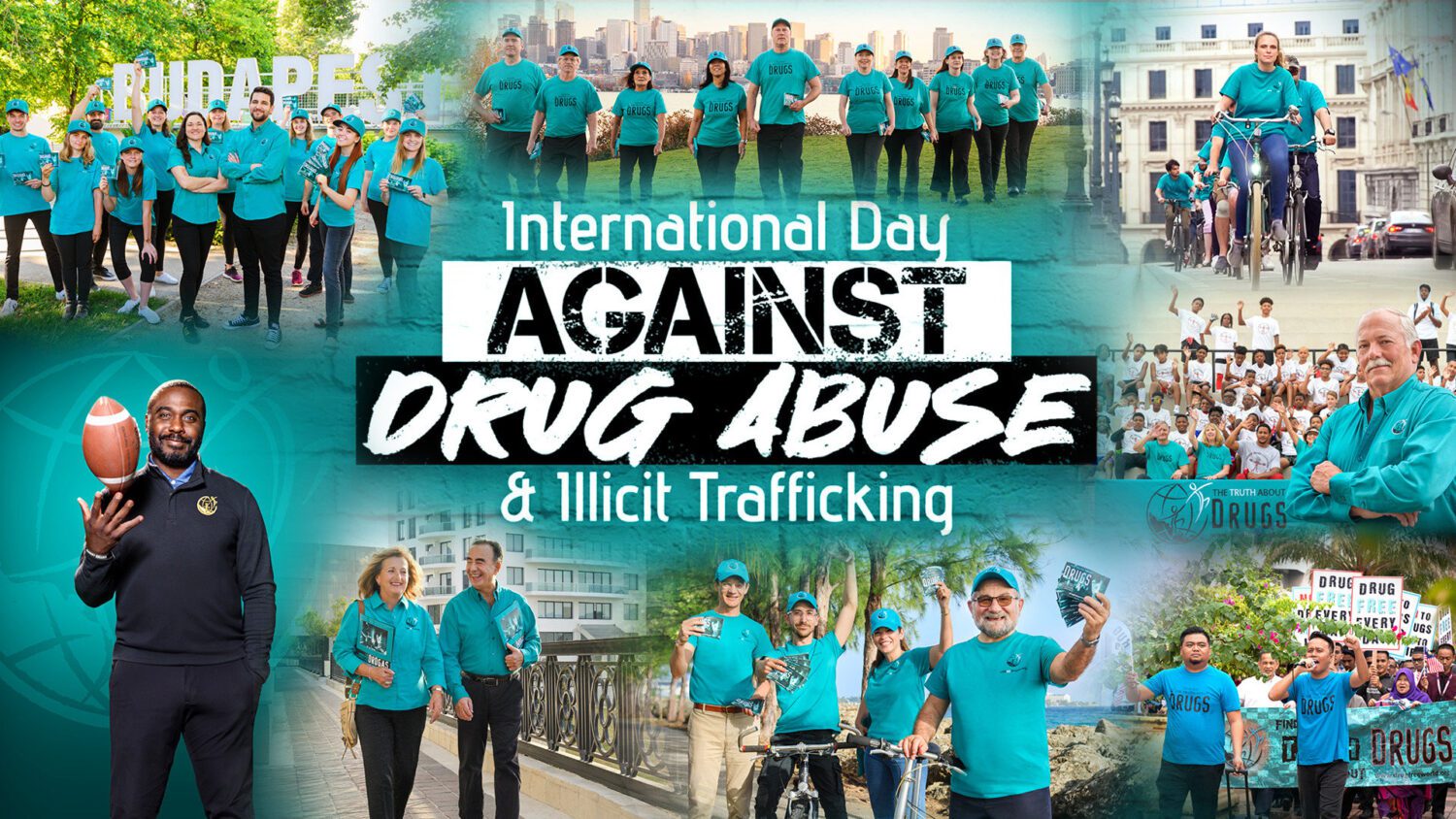On the 26th of June 2024 the United Nations Secretary General, António Guterres delivered a speech marking the International Day Against Drug Abuse and Illicit Trafficking. He emphasized the impact of drug abuse and called on nations to prioritize preventive measures to address this global crisis.
Secretary General Guterres highlighted the human suffering caused by drugs particularly emphasizing the devastating consequences on health and well being with hundreds of thousands of lives lost to overdoses each year. He expressed concern over the growing production and danger posed by drugs contributing to increased crime and violence worldwide.
Guterres stressed that vulnerable populations, young people are disproportionately affected by this crisis. He noted that individuals using drugs or struggling with substance abuse face forms of victimization—from the drugs themselves to societal stigma and discrimination as well as harsh responses to their conditions.
In line, with this years theme Guterres underscored the importance of investing in prevention efforts to break the cycle of suffering.”Evidence supported programs aimed at preventing drug use can safeguard both individuals and communities while also disrupting economies that thrive on human suffering” he remarked.
Reflecting on his time as Portugal’s Prime Minister Guterres highlighted the effectiveness of holistic prevention strategies. Portugal’s efforts during his leadership involved a mix of approaches such as rehabilitation and reintegration programs, public health awareness campaigns and increased resources for drug prevention, treatment and harm reduction initiatives. These endeavors proved successful in reducing substance abuse.
In closing his statement Secretary General Guterres urged for a renewed dedication to combatting the challenges posed by drug abuse and trafficking. “Let us reaffirm our commitment on this occasion to persist in our battle against drug abuse and trafficking once and for all ” he emphasized.
The UN Secretary General’s message acts as a rallying cry to the community stressing the critical need for a collaborative and proactive stance, in addressing the crisis of substance abuse through prevention efforts, education and compassionate treatment approaches grounded in evidence based practices.
“The evidence is clear: invest in prevention”
The global drug problem presents a multifaceted challenge that touches the lives of millions worldwide. From individuals struggling with substance use disorders to communities grappling with the consequences of drug trafficking and organized crime, the impact of drugs is far-reaching and complex. Central to addressing this challenge is the imperative to adopt a scientific evidence-based approach that prioritizes prevention and treatment.
The International Day against Drug Abuse and Illicit Trafficking, or World Drug Day, is marked on 26 June every year to strengthen action and cooperation in achieving a world free of drug abuse. This year’s World Drug Day campaign recognizes that effective drug policies must be rooted in science, research, full respect for human rights, compassion, and a deep understanding of the social, economic, and health implications of drug use.
Together, let us amplify our efforts to combat the global drug problem, guided by the principles of science, compassion, and solidarity. Through collective action and a commitment to evidence-based solutions, we can create a world where individuals are empowered to lead healthy, fulfilling lives.
This year’s World Drug Day is a call to:
Raise awareness: Increase understanding of the effectiveness and cost-effectiveness of evidence-based prevention strategies, emphasizing their impact on mitigating the harms of drug use.
Advocate for investment: Encourage greater investment in prevention efforts by governments, policymakers, and law enforcement professionals, highlighting the long-term benefits of early intervention and prevention.
Empower communities: Equip communities with the tools and resources to implement evidence-based prevention initiatives, fostering resilience against drug use and promoting community-led solutions.
Facilitate dialogue and collaboration: Promote dialogue and collaboration between stakeholders to enhance evidence-based prevention practices and policies, fostering a supportive environment for knowledge sharing and innovation.
Promote evidence-based policymaking: Advocate for evidence-based policymaking at the national and international levels, ensuring that drug policies are grounded in scientific research and informed by best practices.
Engage communities: Raise awareness about the importance of community engagement and participation in designing and implementing effective drug prevention programs, empowering communities to take ownership of prevention efforts.
Empower youth: Provide youth with the knowledge, skills, and resources to become agents of change in their communities, advocating for drug prevention initiatives and amplifying their voices in the conversation.
Promote international cooperation: Foster international cooperation and collaboration among governments, organizations, and communities to develop and implement evidence-based strategies for combating drug trafficking and organized crime, recognizing the global nature of the drug problem and the need for coordinated action.
source link eu news



















